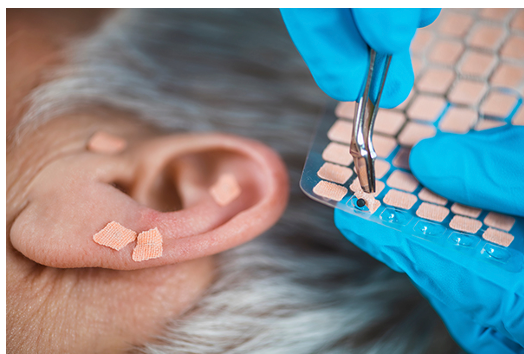When Everyday Sounds Are Too Hard to Handle
Sound is integral to everyday life, but it can be uncomfortable when it's too loud. It's a normal reaction to cover your ears when noise is unbearable. However, for some, even everyday noises can become a source of distress and discomfort. Hyperacusis is the technical term an ear specialist will use for sound sensitivity. This condition makes tolerating everyday noises challenging. Shedding some light on this condition can help those affected and their family members take appropriate steps to improve everyday situations.
What Are Hyperacusis and Sound Sensitivity?
Hyperacusis is a condition characterized by an increased sensitivity to normal environmental sounds. We're not talking about sirens or jet airplanes. Everyday noises like conversations, traffic, or household appliances can be perceived as unbearably loud and intrusive, which most of us can easily tune out. For those with hyperacusis, noises appear to be at full volume all the time.
Causes and Contributing Factors
Hyperacusis is rare and its causes can vary widely from case to case. Overexposure to loud noises without wearing hearing protection can cause hyperacusis, tinnitus, and hearing loss. Physical conditions such as ear infections, neurological disorders, or head injuries can also contribute to the symptoms of sound sensitivity. Psychological factors, including anxiety and stress, may also play a significant role. Determining the contributing factors is crucial for effective management of your specific condition.
Hyperacusis and Hearing Loss
Having hyperacusis doesn't mean you have superior hearing ability. It just means you have difficulties tolerating common sounds that others might not notice. Rather than hearing better, there's a complication in processing and tolerating sounds. However, the majority of people with this condition don't seem to have any type of hearing loss. If your symptoms are due to constant exposure to loud noise, that environment could also cause hearing problems and require tinnitus treatment. If you continue to work or spend time in a loud environment, hearing protection should be worn to prevent further harm.
Effects on Daily Life
Living with hyperacusis or sound sensitivity can significantly impact daily activities. Socializing in noisy environments, such as restaurants or public gatherings, becomes particularly challenging. Workplace settings with background noise can also be problematic, potentially affecting job performance and overall well-being. Simple daily tasks like running errands or spending time with family may become sources of anxiety and discomfort.
Diagnosis and Treatment Options
Diagnosing hyperacusis and sound sensitivity involves a thorough evaluation by an audiologist or an ENT specialist. This often includes a hearing test and questionnaires about sound tolerance. Treatment strategies can vary based on the severity of it. With no proven surgical or drug method to treat the condition, most relief strategies are based on lifestyle changes. Sound therapy is an effective approach that gradually exposes individuals to a range of sounds to increase tolerance. White noise during sleep is a good option as this also helps manage tinnitus symptoms commonly associated with hyperacusis.
Coping Strategies and Support Resources
Coping strategies are vital for those living with hyperacusis and sound sensitivity. Utilizing the treatment strategies outlined by your ear doctor can provide relief in overwhelming environments. Creating quiet spaces at home where you can retreat is beneficial, and practicing relaxation techniques like mindfulness and breathing exercises can reduce anxiety. Seeking support from online communities and support groups offers emotional comfort and practical advice from others experiencing similar challenges.
Visit a Hearing Center for Help
If everyday sounds are more than you can manage, contact one of our hearing clinics to schedule an assessment. AudioNova offers a range of services to treat hearing problems with state-of-the-art diagnostic tools and experienced hearing care professionals who are committed to helping you find a way to manage your condition effectively.
















